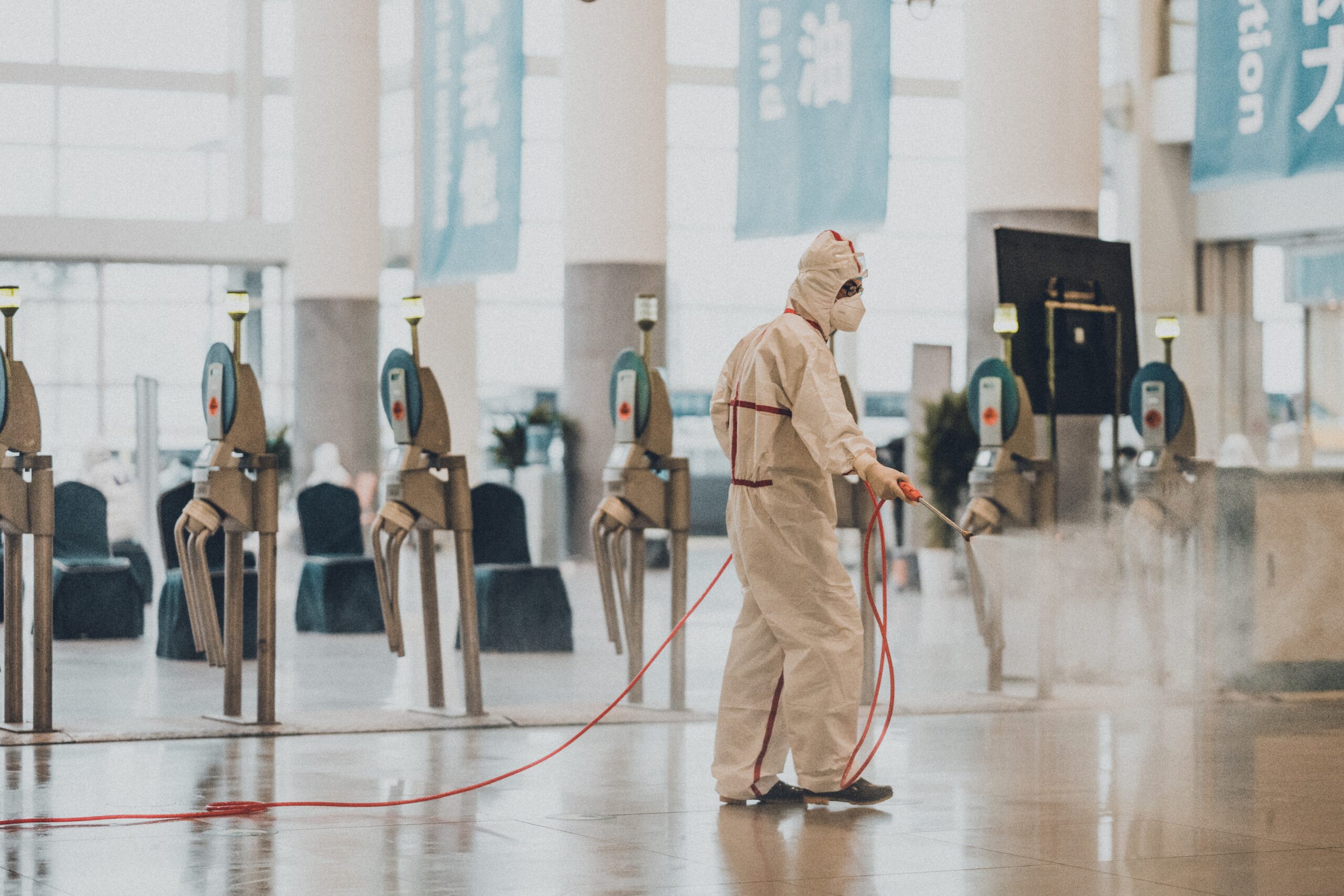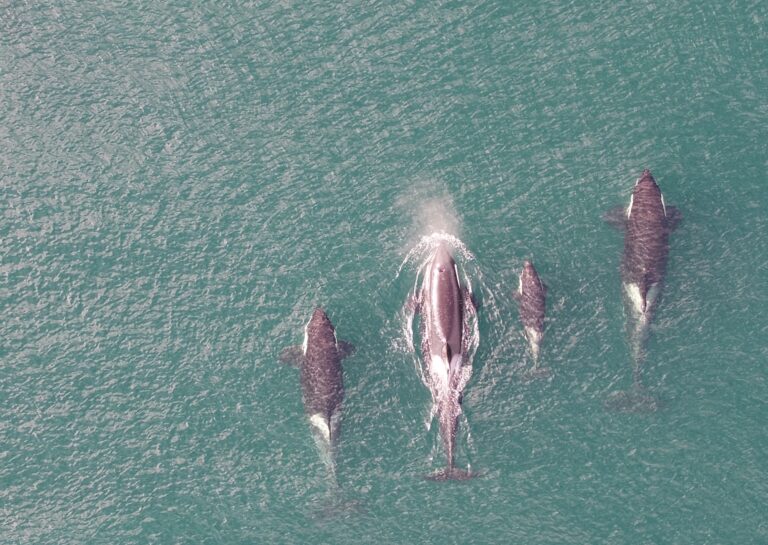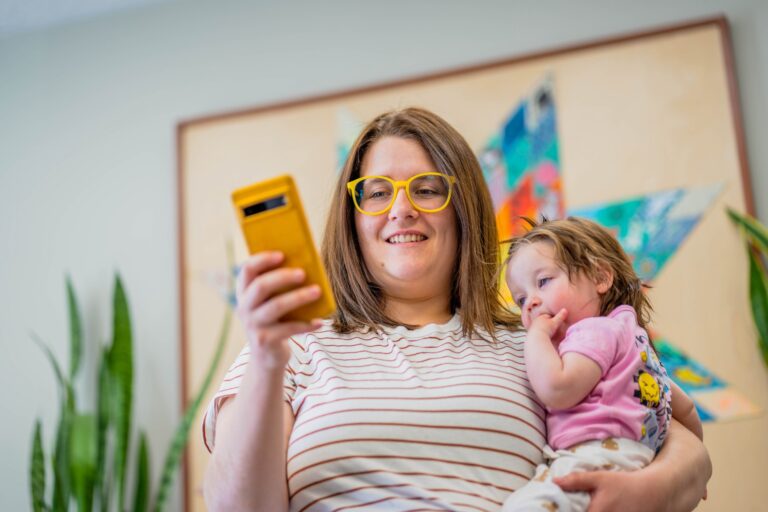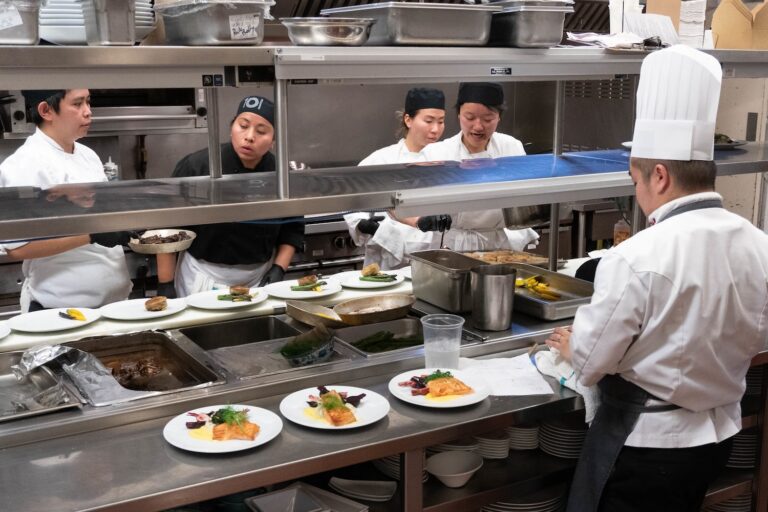New UBC course explores how COVID-19 is impacting society
Even if you’re tired of COVID-19—and who isn’t?—hundreds of UBC students are preparing to embark on a new credit course examining the pandemic on a worldwide scale.

Credit: Tedward Quinn/Unsplash
Even if you’re tired of COVID-19—and who isn’t?—hundreds of UBC students are preparing to embark on a new credit course examining the pandemic on a worldwide scale.
More than 270 UBC students have registered for COVID-19 and Society—the first course of its kind in Canada. As part of the final project, students will work with a community partner to develop materials and recommendations to inform the public about COVID-19. We spoke with the course’s instructor and developer Katherine Lyon to learn more about putting a course together within a few months, as well as what she hopes to achieve.
What are the objectives of the course?
UBC’s Department of Sociology has developed this course to allow as many students as possible to learn more about the pandemic from an evidence-based sociological perspective, so no prerequisites are required.
The course helps students make connections between their own experience of COVID-19 and larger social patterns occurring locally and globally.
Part one of the course considers how the pandemic unfolded in ways that exacerbated and exposed social inequalities, with an emphasis on race, age, gender, sexuality, and class. Part two looks at experiences of the pandemic through daily social interactions, exploring friendship, identity, social networks and social infrastructure under lockdown.
Part three focuses on the way social institutions were affected by COVID-19, including science, work, healthcare, the economy and the legal system.
A theme underlying the entire course is social change: how people and societies respond to sweeping and unexpected social change, and how individuals and groups can seek to make meaningful change for the future in light of what we have learned from this pandemic.
We’ll have more than 10 guest speakers from different fields impacted by COVID-19 to share with the class. There will be many interactive components for students to work with each other and hear different perspectives.
How did you come up with the idea? And what was it like for you to develop a course so quickly?
A lot of the media coverage about COVID-19 focussed on individualized risk, perpetuating a culture of distrust and fear. I wanted to help re-shape the discussion and apply a collective and global lens to look at the issue and hopefully provide some informative communications to the public through the student projects.
In putting this course together, I drew upon the expertise of numerous sociologists as well as education specialists. I designed the course to maximize the online learning environment, building on principles from the latest COVID research about student learning and well-being under the pandemic. I am also fortunate to be surrounded by UBC colleagues who are doing important research on COVID. Some of these colleagues are sharing their research as guest lecturers in the course.
How do you feel about the positive response from students?
This course filled up within two weeks, and we already have 75 students on the wait list for the September offering. Students are curious about interpreting their own experience of COVID-19 in light of larger social patterns occurring locally and globally. This course offers the latest data and a diversity of scholarly lenses to interpret these unprecedented current events as they continue to unfold.
Could you tell us more about the student projects?
Students will partner with a regional or international organization to develop materials intended to be useful in supporting the organization’s mandate. For example, students could create an infographic for employers with research about how to support employees working from home under lockdown. I developed this community project option with several community partners and in collaboration with Tamara Baldwin, Director of UBC’s Office of Regional and International Community Engagement (ORICE).



